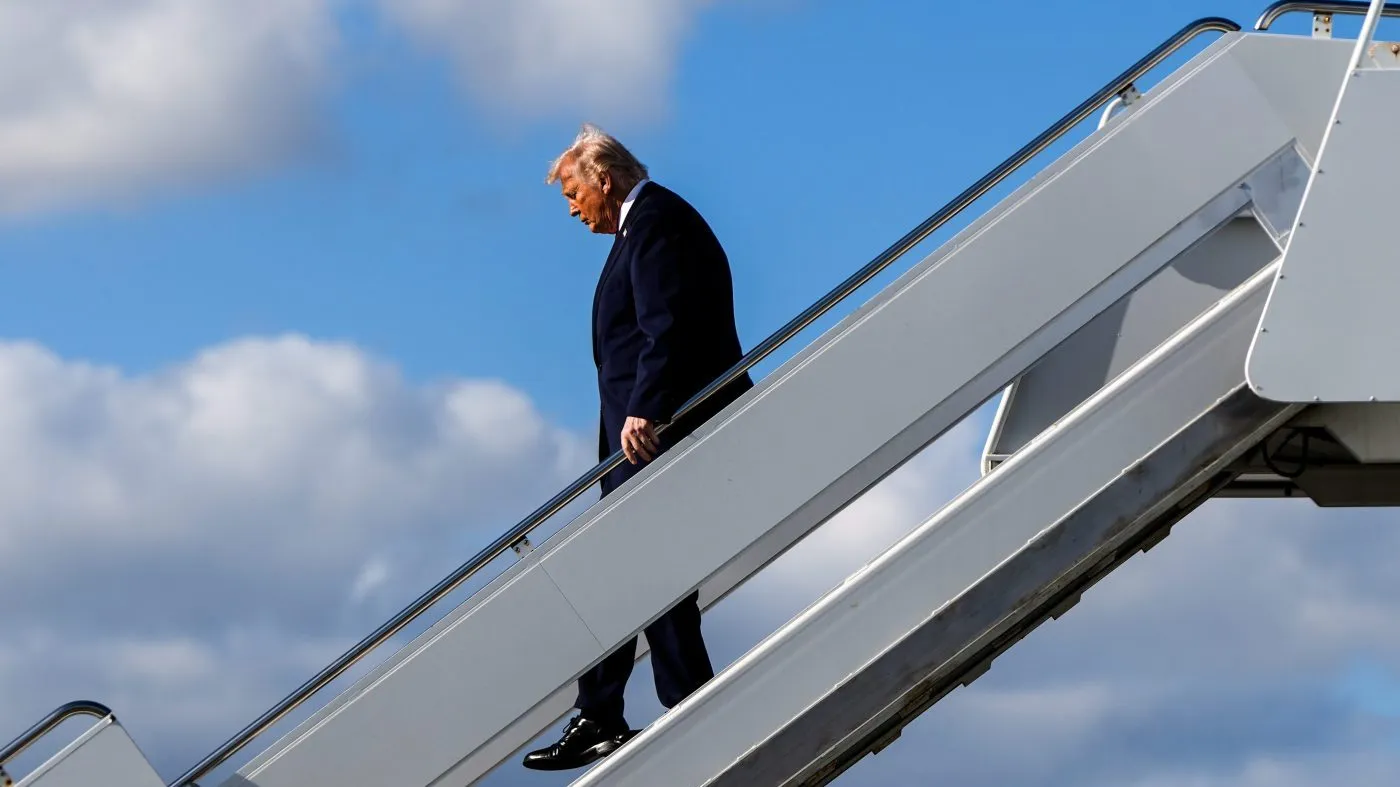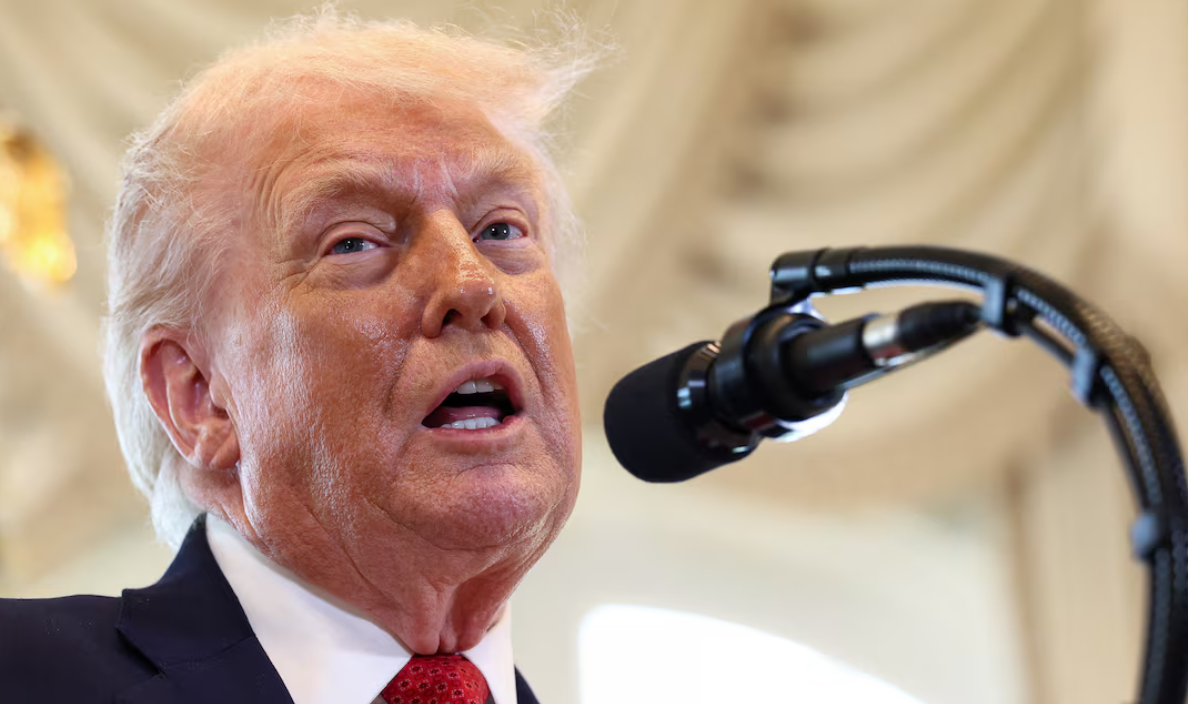Even an attempted assassination of a presidential candidate couldn’t knock U.S. stocks from record levels.
On Monday, two days after a gunman wounded former President Donald Trump at a campaign rally in Pennsylvania, the Dow Jones Industrial Average and the S&P 500 hit new highs, while the tech-heavy Nasdaq also closed up.
Historically, an assassination attempt causes selling in the market, but many other factors today are driving stocks’ performance, such as the artificial intelligence boom and recent progress against inflation.
The Saturday attack was the first time a presidential candidate or a president was wounded in the U.S. since John Hinckley shot President Ronald Reagan outside the Washington Hilton in 1981. The Dow fell 1.4% after the shooting, according to data from CFRA Research.
“An unanticipated event does cause people to react,” said Sam Stovall, chief investment strategist at CFRA Research. “They sell first and ask questions later because of the worry.”
A failed attempt on Franklin D. Roosevelt’s life in 1933 before his first inauguration sparked a 4.3% selloff in the Dow. The index fell 2.9% after President John F. Kennedy was killed in 1963.
Of 10 attempted assassinations, from former President Theodore Roosevelt in 1912 to President George W. Bush in 2005, the Dow Jones Industrial Average fell an average 1.1% in the first trading day afterward, according to CFRA Research. The Dow finished 0.53% higher Monday.
But in a break with that pattern, the stock market is seemingly shrugging off political division and violence in 2024, even as researchers warn of escalating threats and attacks becoming increasingly normalized.
At play today is a mix of relief that the former president survived the attempt in Pennsylvania and very strong fundamentals for investors that even a distinctly volatile campaign season hasn’t clouded out. The disconnect between sentiments on Wall Street and around Americans’ kitchen tables has been a long-running theme since the pandemic, and both campaigns are looking to tap into it.
“The market is really focusing on earnings, AI, inflation and interest rates, all of which seem to be going in our favor,” Stovall said of Wall Street investors. “That is why the market has pretty much ignored what happened.”
Investors are also potentially bullish about the prospects of a Trump victory. The usually volatile shares of the former president’s company Trump Media surged Monday.
With three and a half months to go until Election Day, the assassination attempt strengthens Trump, AGF Investments’ Chief U.S. Policy Strategist Greg Valliere said in a note to clients Monday, and raises the chances of a Republican sweep in the House and Senate, with implications for financial markets.
“We anticipate a drive early in 2025 to extend — and expand — the 2017 Trump tax cuts, accompanied by laissez faire, pro-business regulatory policies,” he wrote. He said the jury is out on whether Washington will curb spending.
“The equity markets should love this stimulative outlook, although more tax cuts and persistently high deficits could spook the bond market,” Valliere wrote. “And the likelihood of higher trade tariffs could worry investors if China and other countries retaliate.”
By contrast, President Joe Biden is campaigning on a promise of higher taxes on big companies and the wealthiest Americans, while preserving lower taxes for anyone earning less than $400,000 a year.
Of course, a lot can change in the weeks heading into November. A strong economy, sturdy labor market, cooling inflation and a Federal Reserve seemingly on the verge of cutting interest rates is a powerful recipe for corporate profits.
It’s already been a boon for stock prices and for everyday buy-and-hold investors, who have benefited from a five-year rally in the S&P 500 topping 85%.




